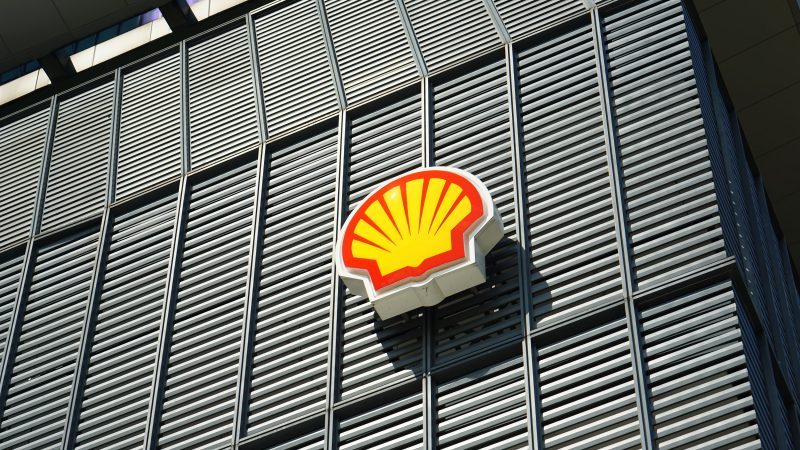
Labour’s Kerry McCarthy has warned that oil and gas companies have benefited from a “uniquely generous” tax regime in the UK, created by successive Conservative governments, and argued that it is “time that they pay their fair share”.
A report by Shell revealed that the company paid no tax on its UK oil and gas production last year and instead received £100m from the taxpayer, despite paying £17bn in tax in other jurisdictions including Norway, Qatar and the USA.
Analysis by the Labour Party also found that Shell and BP have received more than £700m from the government since 2016. The research comes as the government faces calls to levy greater taxes on the excess profits of oil and gas companies.
Commenting on the payouts this morning, Labour MP Kerry McCarthy said: “Since 2016, oil and gas giants have been paid huge amounts from the public purse under the uniquely generous tax regime the Tories have created for them.”
The shadow climate change minister added: “Even now, when oil and gas profits are soaring to record levels and people are struggling to pay their energy bills, the Tories have given them yet another tax break. It is time that they pay their fair share.”
The then Chancellor Rishi Sunak announced in May that the government would introduce an energy profits levy on the “extraordinary profits” of the oil and gas sector. Labour had been calling for the policy, a ‘windfall tax’, since January.
The government’s levy includes a new investment allowance, a ‘super-deduction’ style relief intended to “encourage firms to invest in oil and gas extraction in the UK”. The deduction means that companies investing in new fossil fuel production will receive a tax break worth 90% of the windfall tax.
Rachel Reeves argued earlier this month that this tax break offered to oil and gas companies by the government is “totally wrong” after BP reported that its profits had tripled to nearly £7bn in the second quarter of the year.
The company reported that underlying profits rose to $8.5bn (£6.9bn) between April and June thanks to rising oil prices. The sum is its biggest quarterly profit in 14 years and BP said it will hand out nearly £4bn to shareholders as a result.
Shell reported a record $11.5bn profit in the second quarter, representing an increase of 26% on the first quarter of this year, which was a previous high.
Record profits of $17.6bn and $11.6bn respectively were declared by the US’s ExxonMobil and Chevron, plus $9.8bn for French company Total. In the first six months of 2022, the companies made combined adjusted profits of nearly $100bn.
British Gas owner Centrica revealed that its operating profits for the six months to the end of June were £1.34bn – up from £262m for the same period last year.
The energy price cap is set to rise to £3,420 in October for the average dual-fuel tariff. The cap is expected to be increased again in January, with forecasts saying it could hit £3,850. Gordon Brown called on Boris Johnson and the Tory leadership candidates, earlier this week, to agree an emergency Budget to help households.
The Downing Street spokesperson said measures had already been announced and that Johnson is abiding by the convention not make significant fiscal interventions in his final weeks as Prime Minister.
Writing in The Observer on Sunday, Brown told readers: “The reality is grim and undeniable: a financial timebomb will explode for families in October as a second round of fuel price rises in six months sends shock waves through every household and pushes millions over the edge.”
A report, commissioned by the former Prime Minister and carried out by Professor Donald Hirsch at Loughborough University, found that 35 million people in 13 million households across the country are under threat of experiencing fuel poverty in October – an “unprecedented 49.6% of the population”, Brown wrote.
The research found that the one-off £1,200 support from the government for low-income households will not compensate for three major blows to incomes in the year up to October 2022: the loss of the £20-a-week benefit uplift, the rise in the energy price cap and an annual uprating out of line with inflation forecasts.
The Bank of England recently warned that inflation, which is currently at 9.4%, could peak at more than 13% and stay at “very elevated levels” throughout much of the next year before eventually returning to its 2% target in 2024.




More from LabourList
‘I was wrong on the doorstep in Gorton and Denton. I, and all of us, need to listen properly’
‘Why solidarity with Ukraine still matters’
‘Ukraine is Europe’s frontier – and Labour must stay resolute in its defence’